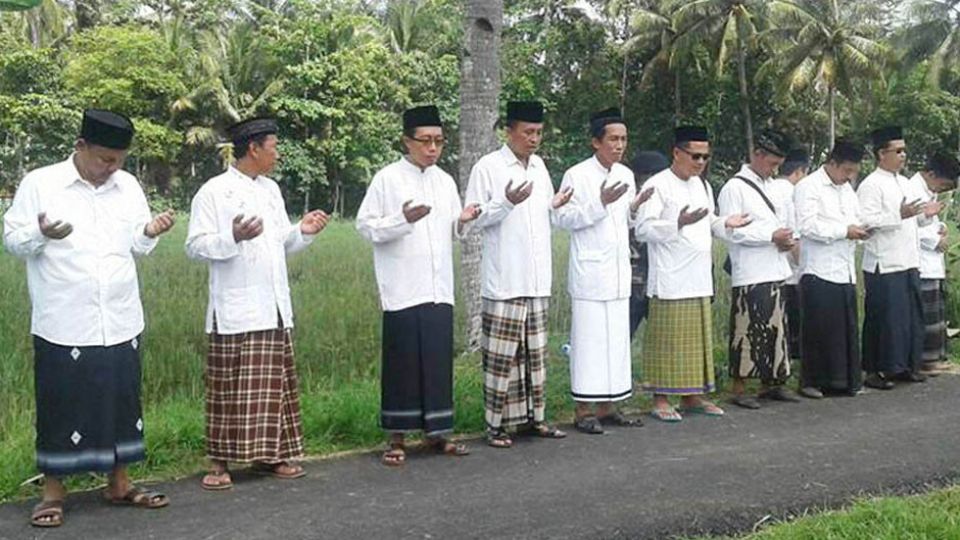July 29, 2022
JAKARTA – The country’s top Muslim leaders have convened to raise awareness about the impacts of the climate crisis and to mobilize support from the country’s millions of Muslims. The forum, called the Muslim Congress for a Sustainable Indonesia, began on Thursday at the Grand Istiqlal Mosque in Central Jakarta, the largest in the country, with a treatise on the leaders’ recommendations set to be issued on Friday. The participants include representatives of the Indonesian Ulema Council (MUI), the country’s top Muslim clerical body, as well as from Nadhlatul Ulama (NU) and Muhammadiyah, the nation’s two largest Muslim organizations.
Attendees also include scholars from Gadjah Mada University’s department of politics and governance, as well as from the Istiqlal Global Fund (IGF) – a philanthropic body run by the mosque. “The purpose of this activity is to unite Muslims in a common forum, to seek and develop solutions to the climate crisis, both in mitigation and adaptation,” said Muhammad Ali Yusuf, a congress leader, in a press statement on Thursday. While a number of Muslim groups had already established environmental initiatives, Ali said, many had failed to reach the wider community. The congress’s treatise is to be read out on Friday before being ceremonially handed to Vice President Ma’ruf Amin, a former MUI leader.
Aside from Ma’ruf, Friday’s treatise ceremony will include Religious Affairs Minister Yaqut Cholil Qoumas, NU chairman Yahya Cholil Staquf, Muhammadiyah chairman Haedar Nashir and MUI secretary general Amirsyah Tambunan. In late 2021, the association responsible for the congress conducted a number of studies and public opinion polls on climate change. The group also held three focus group discussions earlier this year, which focused on the role of young people in fighting climate change and on equitable sustainable development, among other topics. Religious organizations and figures continue to be central to the country’s environment conservation and sustainability efforts, due in large part to the trust much of the public places in these institutions. A 2020 survey by the Communications and Information Ministry, for instance, found that Indonesian citizens placed the most trust in information sourced from religious figures. Last year, the Environment and Forestry Ministry signed a partnership agreement with NU geared toward cooperation in environmental efforts. In a forum held by the NU’s central board in 2019, the organization’s leaders paid special attention to the country’s single-use plastic bag problem. The organization came to the conclusion that littering with single-use plastic bags was haram as it damaged the environment in both the short and long term.


